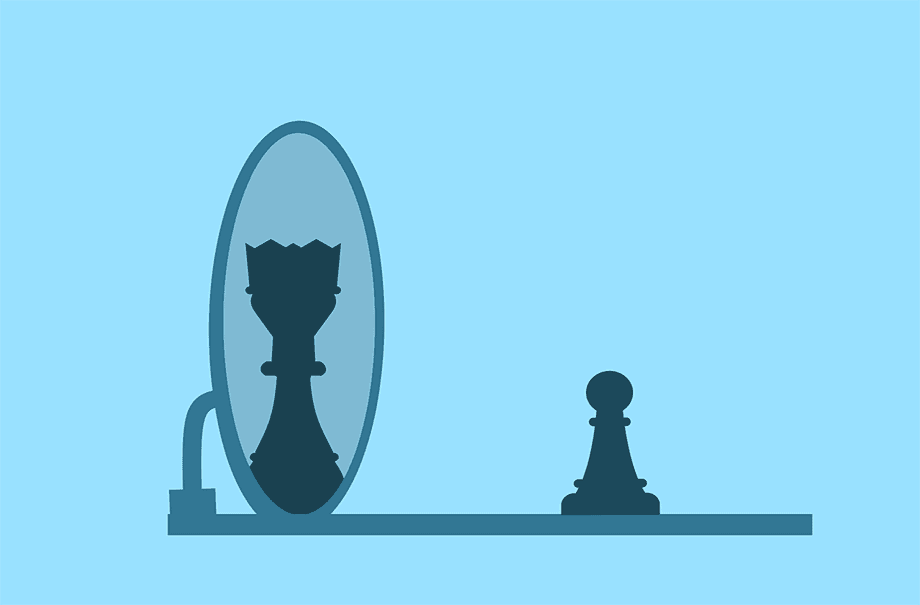Key Topics Covered
Evidence-Based Strategies
– Importance of time management.
– Techniques to master productivity.
Time Management Principles
– Importance of investing time in meaningful activities.
– Personal credibility in time management.
Historical Perspectives on Time Management
Philosophers and Time Management:
– Confucius: Discipline and moral conduct.
– Aristotle: Balance and self-discipline for virtuous activities.
– Stoics (Marcus Aurelius, Seneca): Living intentionally and valuing time, memento
mori (remember you will die).
Neuroscience of Productivity
– Neurotransmitters:
– Dopamine: Motivation and goal achievement.
– Serotonin: Emotional stability and focus.
– Acetylcholine: Focus.
– Norepinephrine: Energy and attention.
– Cortisol: Impact of stress on decision-making and discipline.
Brain Structures:
– Prefrontal Cortex: Executive function and discipline.
– Anterior Mid Cingulate Cortex: Willpower and discipline.
Brain Plasticity:
– Importance of practicing focus and organization.
– Respecting ultradian rhythms with regular breaks.
10 Principles of Productivity
- Parkinson’s Law: Work expands to fill the time available.
- Pareto Principle: 80% of results come from 20% of actions.
- Murphy’s Law: If something can go wrong, it will.
- Hofstadter’s Law: Tasks take longer than expected, even when accounting for this.
- Peter Principle: Employees rise to their level of incompetence.
- Law of Diminishing Returns: Overworking reduces productivity over time.
- Okun’s Law: Reduced hours don’t always mean proportionate decreases in output.
- Ninety-Ninety Rule: The last 10% of a project takes as long as the first 90%.
- Planning Fallacy: Underestimating the time needed for tasks.
- Moore’s Law: Rapid technological advancement increases information exposure.
Classic Books on Time Management
How to Live on 24 Hours a Day. Difference between being busy and being productive. Arnold Bennett
The Effective Executive. Importance of prioritizing and effectiveness. Peter Drucker
Seven Habits of Highly Effective People. Key principles like prioritizing and the Eisenhower matrix. Stephen Covey
Eat That Frog. Tackle the hardest task first. Brian Tracy
Deep Work. Focus intensely on tasks. Cal Newport
Essentialism. Focus on what’s critically important. Greg McKeown
Getting Things Done: The GTD Approach
David Allen’s GTD System:
– Capture: Everything that has your attention.
– Clarify: Determine if it’s actionable.
– Organize: Place tasks in the correct context.
– Reflect: Regularly review tasks.
– Engage: Take action on tasks.
Prioritization Techniques for Productivity
– Setting SMART Goals: Specific, Measurable, Achievable, Results-oriented, Timely.
– Eisenhower Matrix: Distinguish between urgent and important tasks.
– ABC Technique: Categorize tasks as A (urgent), B (important), or C (nice to do).
– Pareto Principle: Focus on tasks yielding the most results.
– Eat the Frog: Tackle the hardest project first.
– Moscow Method: Classify tasks as Must have, Should have, Could have, and Won’t have.
– Action Priority Matrix: Evaluate tasks by impact and effort.
Organizing Your Workload Effectively
Open and Closed Lists:
– Open List: Capture all tasks.
– Closed List: Daily tasks, no additions allowed.
– Two Minute Rule: If a task takes less than two minutes, do it immediately.
– Delegation: Delegate tasks based on cost and time efficiency.
– Use a Schedule: Organize tasks in a calendar.
– Kanban Method: Visualize tasks in stages (To Do, Doing, Done).
Strategies to Improve Focus
– Pomodoro Technique: Work in 25-minute intervals with breaks.
– Time Blocking: Allocate specific time slots for tasks.
– Batch Processing: Group similar tasks together.
– Manage Technology: Reduce distractions from devices.
– Organize Workspace: Create a distraction-free environment.
– Set Boundaries: Limit interruptions.
Embracing the Limitation Mindset
4,000 Weeks by Oliver Berkman:
– Significance of Mortality: Live intentionally, memento mori.
– Focus on Relationships and Experiences.
– Joy of Missing Out: Embrace relaxation and depth of experiences.
– Creativity from Constraints.
– Accept Unpredictability: Let go of control.
– Effective Routines: Create life-enhancing routines.
– Myth of a Perfect Plan: Plans may go awry, adapt accordingly.
– Finding Meaning in Everyday Life: Prioritize meaningful moments over efficiency.
Podcast: Play in new window | Download







